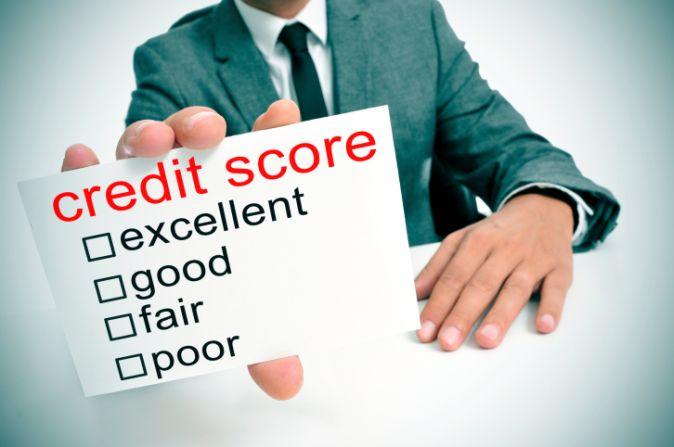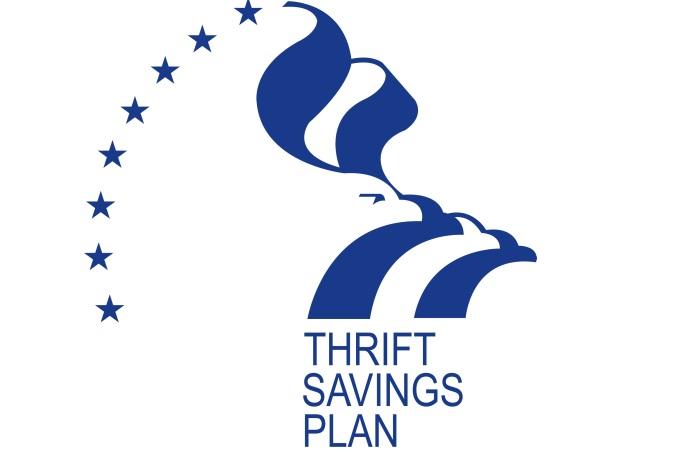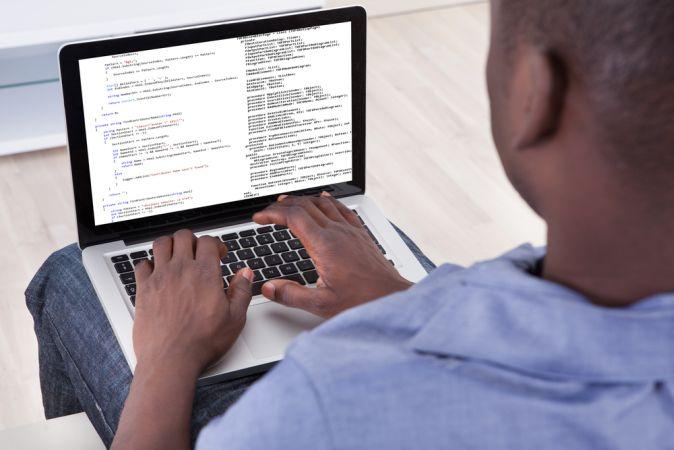The military can be a gold-mine, if you choose to dig it. It’s no secret that military members move around the country or world quite frequently, and a lot of them live off base, receiving Basic Allowance for Housing (BAH) while in the continental United States (CONUS). This article is to show military members who receive BAH how they can use it to build a lifelong stream of income for themselves and their families.
Use Your BAH to Buy a House
Use your BAH to buy a house; don’t rent. Renting builds your landlord’s wealth, not yours. When you buy a home, you are building equity with each payment. Equity is the difference between what your house is worth and what you owe on your mortgage. It is yours. When you rent, you aren’t building anything.A second, good reason to buy instead of rent is that, in most parts of the country around military bases, it is actually cheaper to buy a home than it is to rent in this current market. Now, this certainly isn’t true everywhere, but even in places you wouldn’t expect, one can usually find a home where the monthly payments plus maintenance and taxes are cheaper than the price of rent in the area.





